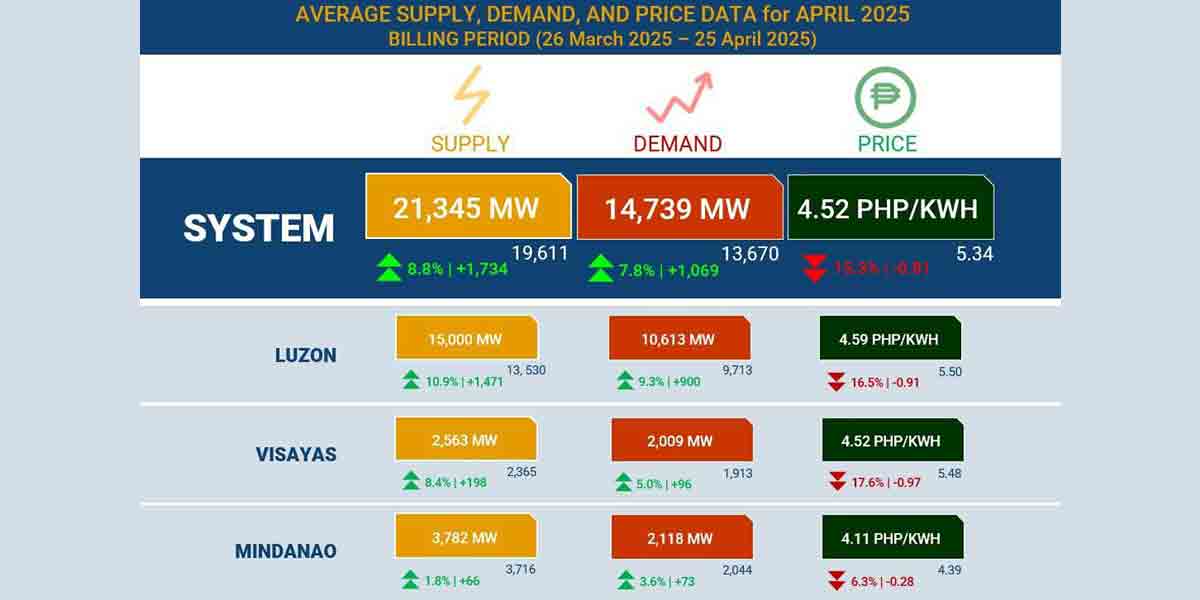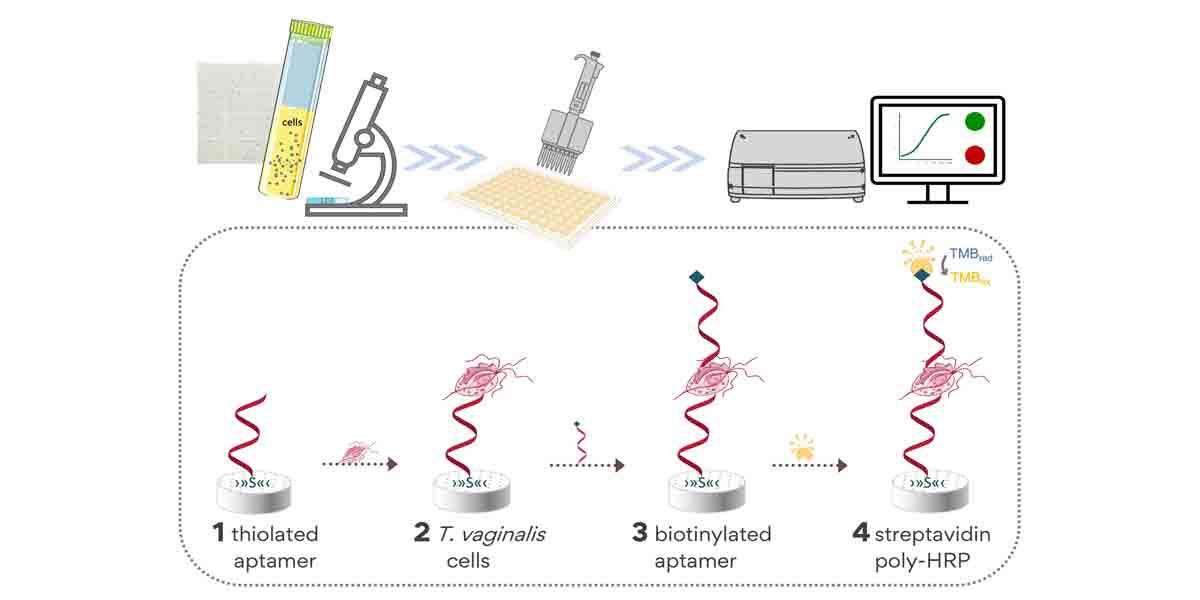
Local government units (LGUs) across the Philippines are urged to help curb the increasing mortality and morbidity rates of diabetes in the country through early risk assessment in partner health centers.
Diabetes mellitus continues to be one of the leading causes of death among Filipinos, ranking 4th after ischemic heart diseases, neoplasms, and cerebrovascular diseases[1]. The latest data from the Philippine Statistics Authority (PSA) recorded 37,265 deaths in 2020 caused by diabetes mellitus–a number that exceeded the 5-year average of 32,991.
In a panel hosted by AstraZeneca Philippines, Diabetes Philippines, Philippine Association of Diabetes Educators (PADE), Association of Diabetes Nurse Educators of the Philippines (ADNEP), and LGUs, a pathway was introduced to address the increasing mortality and morbidity rates of diabetes mellitus.
A joint effort between the private and public sector, ACT NOW for Diabetes or the Addressing Complications Today through Network of Warriors for Diabetes, is a holistic approach to diabetic patient wellness. The program aims to promote early recognition of diabetic patients at risk for developing cardiovascular or kidney complications and prevent them.
According to Dr. Francis Pasaporte, President of Diabetes Philippines, diabetes is associated with an increased risk of developing cardiovascular and chronic kidney diseases[2]. As of May 2020, a total of 3,993,300 Filipino adults are diagnosed with diabetes[3].
Providing holistic patient access through the ACT NOW pathway
A total of 12 initial LGUs across the country have pledged their support to ACT NOW for Diabetes on its pilot run by distributing risk screening forms in accredited health centers within the locality.
LGUs who have inked their commitment include Bacolod City, Caloocan City, Davao City, Iloilo City, Makati City, Manila City, Marikina City, Ormoc City, Pasig City, Quezon City, Taguig City, and Valenzuela City.
AstraZeneca Philippines Country President Lotis Ramin says, “With ACT NOW, we aim to emphasize the importance of collective action, a shared effort between healthcare stakeholders & decision makers to better manage the increasing morbidity and mortality from diabetes in the country. Our holistic approach is designed to provide diabetic patients access to earlier diagnosis and effective disease management, to help reduce the risk of heart and kidney complications. We look forward to partnering with more LGUs and the medical community across the country to encourage optimal diabetes care.”
As the program expands to onboard more LGU partners, more Filipinos will have access to early identification of risk factors on the heart and kidney complications from diabetes. Diabetes Philippines shall provide continuing medical education for healthcare practitioners on the importance of early risk identification and proper interventions to prevent these complications. The multilateral partnership against Diabetes shall alleviate disease burden, mortality, and healthcare expenditure in the Philippines.
In parallel, the PADE and ADNEP will also conduct lay lectures and patient education on diabetes care and early prevention.
“Managing the interconnectedness of diabetes, cardiovascular and chronic kidney diseases is a triple threat that needs to be discussed prevalently. We hope to empower both patients and the general public (especially those with family history) on diabetes care and ways to prevent it,” shares Leyden Florido R.N, President of PADE.
Eleonor Tangkeko R.N Ph.D., President of ADNEP adds, “By Acting now, we continue to help promote quality education for persons with diabetes and those at risk. At the same time, we are able to equip our professional nurses, nursing graduates and students with the knowledge, skills and values needed for diabetes awareness and management”
Diabetes is a chronic condition that requires medical attention. Patients should not self-medicate and should consult their physicians regarding their condition and treatment.
[1] Philippine Statistics Authority. Causes of Deaths in the Philippines (Preliminary): January to December 2020 https://psa.gov.ph/content/causes-deaths-philippines-preliminary-january-december-2020
[2] American Diabetes Association. Diabetic Kidney Disease: A Determinant of Cardiovascular Risk in Type 1 Diabetes. https://care.diabetesjournals.org/content/41/4/662
[3] International Diabetes Federation. Philippine country data. https://idf.org/our-network/regions-members/western-pacific/members/116-the-philippines.html. Accessed March 19, 2021






















